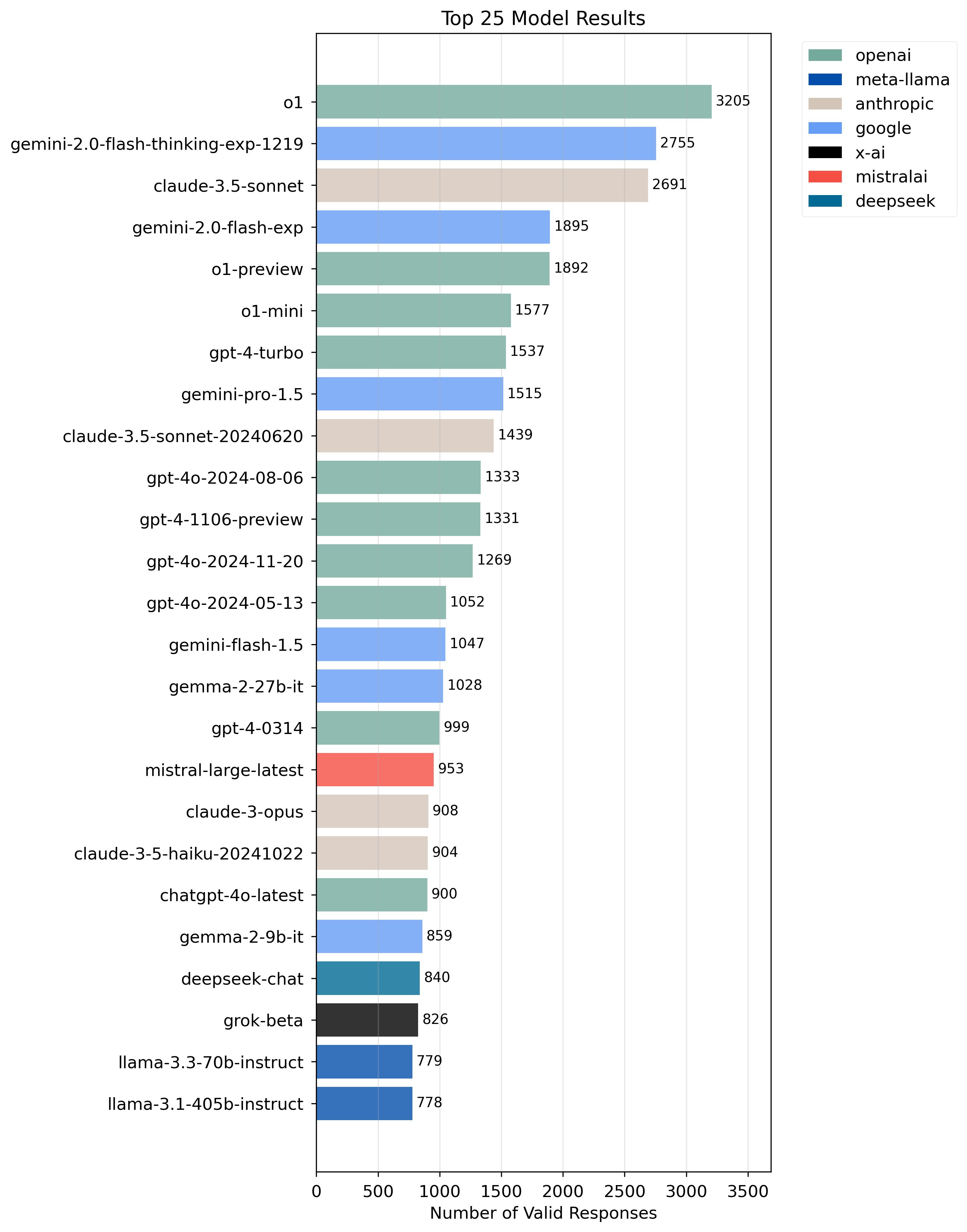
AI Agents are going to play an increasingly crucial role in how cities function and how citizens ... [+] interact with their regional federal government.
Despite noteworthy improvements in digitalization over the past decade, in most cities it's still clunky for constituents, services, and visitors to participate in even one of the most standard federal government services online. Sure, in smart cities like Singapore, Baku, and Dubai, a lot of municipal services are structured and digital, however they stay the goal.
In reality, a community member in a common US city typically has to finish paper kinds or fill in online PDFs, and genbecle.com where services are digital, they are irregular and still need far a lot of complex steps. The digital change of regional government is a multi-trillion-dollar chance still waiting to be totally understood. Might synthetic intelligence (AI), and specifically AI representatives, finally offer the upper hand cities require?
Cities Embrace Artificial Intelligence (AI)
It will not come as a surprise that AI is starting to find a welcome home in city halls throughout the world simply as it has in every other market. According to the Hoover Institution, already 1 in 4 civil servant routinely use generative AI for their work. That usage level will grow rapidly over the next few months following comparable trends in the personal sector.
AI is finding its method into every aspect of city operations including public security, planning, transport, and citizen services. The most popular usages include task automation, support for decision-making, and engagement with the community.
City leaders are recognizing the more comprehensive opportunity with AI and are largely welcoming it. That said, they presently face substantial difficulties from their own bureaucracies, guidelines, and lack of technical competence, to risks such as privacy and hallucinations that do not have a resolution yet. Most constraints, nevertheless, are short-term and quickly city leaders and service providers will discover higher ease and more need for carrying out AI-powered services.
WWE Royal Rumble 2025 Results: Charlotte Flair Wins And Everything That Happened
WWE Royal Rumble 2025 Results: Jey Uso Shocks The World, Seth Rollins Destroys Roman Reigns
WWE Royal Rumble 2025 Recap: Winners, Eliminations And Reaction
AI Agents Arrive On The Scene
Perhaps the emerging AI innovation that promises the most extreme shift in how individuals experience their city government will be through the deployment of AI agents. An AI agent is a system that acts independently to process information and then take actions to attain specific goals. Instead of an individual offering AI with the precise actions needed to get something done, the pledge of an AI representative is that it can figure out the ideal steps and after that tackle getting them done.
OpenAI's new service, Operator, is an example of a generalized AI agent. Ask it to find your favored seats for genbecle.com an approaching concert and make the reservation on your behalf and off it goes.
This, naturally, is just a simple tease at what will be possible in the future when, for example, AI agents coupled with robots will autonomously bring out the totality of complicated tasks.
Transforming The Government Experience
It's still early for AI representatives in the private sector and even earlier for them in public firms. However, one solution, SuperCity AI, provides an early glance at what is coming quickly to our cities.
SuperCity is an app that is reconsidering how AI can be used to provide a much better experience in how citizens engage with their city in locations such as discovering info, paying expenses, and reporting a concern.
Apps that play in this space are already various, from SeeClickFix to Nextdoor, and lots of efforts have actually been made to strike the sweet spot of benefit and stickiness.
Cities typically supply their own option in addition to contending with offerings from the economic sector. The expansion of community engagement apps for a single city alone creates confusion when people do not know what to use for an offered service, however more broadly, these apps with couple of exceptions have failed to satisfy expectations.
The team behind SuperCity included significant government and innovation qualifications. Miguel Gamiño Jr., no stranger to city management having served previously as the head of technology in the cities of El Paso, San Francisco, and New York City, has joined forces with his 2 partners, David Lara, formerly the Chief Administrative Officer at New York City Town Hall, and Niko Dubovsky, who's worked in the start-up world for numerous years.
The group's passion for public service together with a deep understanding of how cities work are properties that they are bringing to building this solution. This coupled with modern AI adoption does not guarantee their success however definitely provides them with some early advantages.
The SuperCity founding group. From Delegated Right: Niko Dubovsky, Miguel Gamiño Jr., David Lara.
Their mission with SuperCity is to provide a safe and private digital one-stop-shop for homeowners and to use AI to decrease different aspects of friction between the user, the app, and town hall. That friction varies from residents who are overwhelmed with unneeded notices to the intricacy of supporting the required user interfaces with company systems. For example, instead of the city being needed to manage the complex integration of accepting payments from the app for say, a parking ticket, SuperCity uses AI to fulfill city requirements and then effortlessly log in and send the payment.
Removing the intricacy for both the user and the city also implies that this single app can be used in various cities without needing the user to download a new app with an entirely different process.
While most apps require the user to find the feature they require, SuperCity will soon emerge as a conversational bot. A homeowner will simply discuss what they need and the app will use AI agents to carry out as much of the requirement with little, if any, user engagement.
Conversational bots are already among the most popular usages of AI across industries in the area of client service. Could they also be the future user interface for most city interactions too?
The Urgent Future Of AI In Cities
As outstanding as the last 2 years have actually been, cities are tracking the economic sector by a big margin in moving from experimentation to adoption of AI across their functions.
From time to time, a new technology gets here that has the power to significantly disturb the status quo in a positive way. AI for cities provides maybe a when in a lifetime shift that will change what cities do and how they operate. City leaders require to increase the urgency of their AI efforts and ensure they are assigning suitable resources and skills.

In the short-term there are chances to have AI augment and enhance existing operations from community-facing services to data-driven decision-making. Longer term, AI agents will complete whole city services with little or no human interaction on the backend. It's possible too, that quicker than later on, AI will introduce an era without the need for websites and apps.
As the SuperCity app shows, AI and AI representatives combined with unique concepts offer city leaders a whole brand-new toolkit full of possibilities. The time to define an AI future for cities is now.








